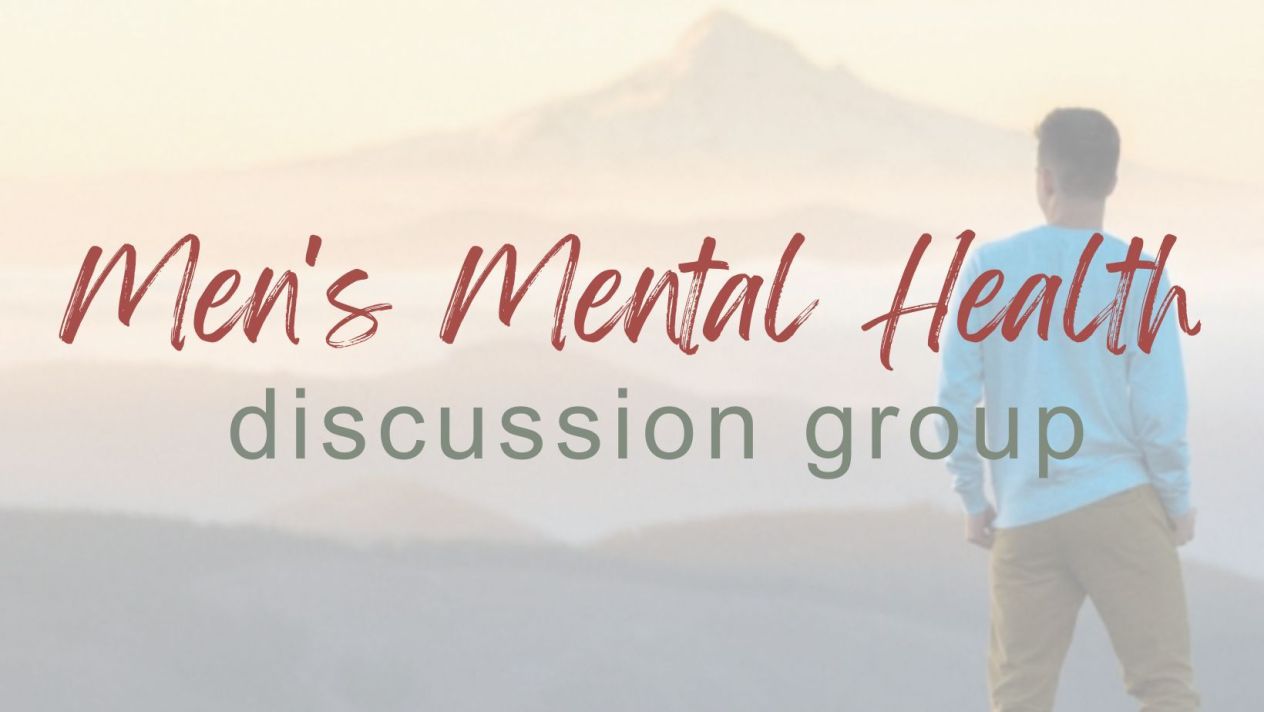Daily Empowerment Practices
Engage in daily activities and challenges that promote
mental clarity, physical health, and emotional strength.
How to Build a Day That Supports an Unshakeable Mindset
The key to mental resilience is creating habits that nourish your mind, body, and spirit. Daily practices can empower you to navigate life’s challenges with a strong sense of purpose and confidence. Start small, but stay consistent.

Morning & Evening Rituals
Start & End Your Day with Intention
Having rituals that bookend your day can significantly enhance mental clarity and emotional regulation. Here’s how:
- Morning Rituals: A calming start sets the tone for your day. Consider activities such as:
- Mindful Breathing: Start with 5 minutes of deep breathing exercises or guided meditation. Apps like Headspace or Calm offer excellent guided sessions.
- Gratitude Journaling: Write down three things you're grateful for. This can help shift your mindset to a more positive outlook.
- Physical Movement: Gentle stretching or light exercise in the morning gets your blood flowing and energizes the body.
- Evening Rituals: Ending your day in a way that promotes relaxation helps improve sleep and mental well-being:
- Unplug from Screens: Try to turn off electronic devices at least 30 minutes before bed. The blue light from screens can disrupt sleep cycles.
- Reflection Journaling: Reflect on your day, acknowledge challenges, and recognize your wins, no matter how small.
- Relaxing Bath or Shower: Warm baths with essential oils like lavender or chamomile help relieve stress.
Resource: How to Create a Morning Routine for Mental Health - Verywell Mind

Time Management Strategies
Master Your Day for Maximum Mental Resilience
Time management is more than scheduling; it’s about prioritizing your mental well-being throughout your day. Try these strategies:
- The Pomodoro Technique:
- Work in short, focused bursts (e.g., 25 minutes of work followed by a 5-minute break). This helps prevent burnout and boosts productivity.
- Pomodoro Timer App
- Prioritization with the Eisenhower Matrix:
- Categorize tasks into four quadrants (urgent/important, not urgent/important, urgent/not important, not urgent/not important) to avoid feeling overwhelmed and stay focused on what matters.
- Categorize tasks into four quadrants (urgent/important, not urgent/important, urgent/not important, not urgent/not important) to avoid feeling overwhelmed and stay focused on what matters.
- Time Blocking:
- Set specific times for each task, including breaks, to keep your day organized and reduce decision fatigue.

Handling Failure & Setbacks
Stay Resilient in the Face of Adversity
Failure is not the end—it’s a learning opportunity. Developing resilience is about how you respond to setbacks:
- Embrace Growth Mindset:
- Viewing challenges as opportunities for growth rather than as failures helps shift your perspective. Try saying, "What can I learn from this?"
- Resource: Growth Mindset vs. Fixed Mindset - Mindset Works
- Self-Compassion:
- Be kind to yourself when you make mistakes. Speak to yourself as you would to a close friend who’s struggling.
- Tool: Self-Compassion Scale
- Failure Reframing:
-
After experiencing a setback, journal about the lessons learned. How can you adapt next time? Reframing your experience can help you find clarity and motivation.
-

Building Confidence & Assertiveness
Practical Ways to Improve Self-Esteem
Confidence isn't about being perfect—it’s about trusting yourself. Here’s how to build confidence:
- Set Achievable Goals:
- Break large tasks into small, manageable goals. Accomplishing them will boost your sense of achievement and self-worth.
- Positive Affirmations:
- Begin each day by affirming your worth. "I am enough," "I am capable," or "I trust in my abilities" are simple yet powerful statements.
- Practice Assertiveness:
-
Being assertive means expressing your thoughts, feelings, and beliefs openly and respectfully. Start small—practice saying no, asking for help, or sharing your thoughts in a meeting.
-
Resource: How to Be Assertive Without Being Aggressive - Psychology Today

Mindful Breaks
Small, Actionable Steps to Improve Mental Well-Being
Incorporating mindful breaks into your day can help reduce stress, enhance focus, and improve mental health. Here are a few ideas:
- Body Scan Meditation (5-10 minutes):
- Check in with your body throughout the day. Starting from your feet and working upwards, notice any tension and consciously relax each body part.
- Guided Body Scan Meditation: Insight Timer
- Mindful Walking:
-
Take a 5-10 minute walk outside, focusing solely on the sensation of your feet hitting the ground, your breath, and your surroundings. This simple practice can help you reset during a busy day.
-
- Breathing Exercises:
- Try the 4-7-8 breathing technique: Inhale for 4 counts, hold for 7, and exhale for 8. This helps activate the parasympathetic nervous system and reduces stress.
Resource: 5-Minute Mindfulness Techniques to Reduce Stress - Psych Central

A Moderated, Anonymous Discussion Space
Connecting and Supporting One Another
For men who may feel isolated or unsure where to start, a moderated, anonymous space can be invaluable. These communities provide a platform for open conversations, shared experiences, and mutual support. A safe space to talk openly about mental health challenges can encourage emotional release and peer connection.
- Reddit - r/MensMentalHealth:
- A supportive online community where men discuss mental health issues, share their stories, and offer support.
- TalkLife:
- A free app and online platform offering anonymous peer support.
- TalkLife

4 Week Mind Challenge: Use Science to Improve Your Mental Health
Ready to build mental strength in just 4 weeks?
This challenge is designed for anyone facing chronic stress, anxiety, burnout—or simply wanting a mental edge. Each day offers a short, research-backed task proven to enhance focus, reduce overwhelm, and improve emotional well-being.
✔ Daily, science-based prompts
✔ Built-in accountability and reflection
✔ Backed by cognitive, neurobiological, and behavioral research
✔ A practical way to form healthier mental habits
We’ll explain the “why” behind each task, with links to the supporting studies, so you understand how to use neuroscience and psychology for your own benefit.
⚠️ Crisis Support Disclaimer Important Notice:
The Clarity Protocol™, Unshakeable Mindset, and related programs are not designed for crisis intervention, emergency care, or acute mental health treatment. If you or someone you know is experiencing immediate distress, thoughts of self-harm, or is in danger, please contact local emergency services or one of the crisis resources listed in our Crisis page. Participation in these programs assumes a level of personal stability appropriate for reflective, coaching-based work.

Support the YouMattyr Foundation:
